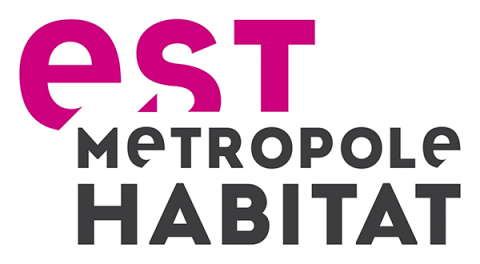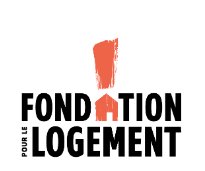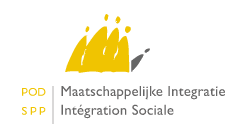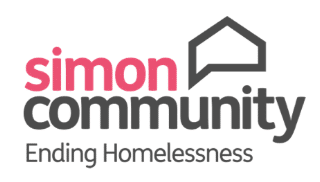The Housing First Europe Hub
The Housing First Europe Hub was established in 2016 by the Y-Foundation (Finland) and FEANTSA (the European Federation of National Organisations Working with Homeless People) along with more than 15 partners. Since then, the Hub has grown to include more than 45 organisations, cities, government ministries, housing providers and researchers from across Europe and beyond.
We work in partnership with our core and associate partners to promote Housing First as the first and central response to homelessness. The Hub’s mission is to end and prevent homelessness through a mindshift, leading to a systems’ change across Europe, based on Housing First through advocacy, training, practice, research, support and communication activities.
Housing First & System Change
Housing First is more than just an approach to help people experiencing homelessness, it is the key to unlocking broader systems’ change to prevent and end homelessness across Europe. Find out more about on the Knowledge & Capacity page and explore our latest Resources & Activities.
Get involved!
Ending homelessness is totally achievable if we grasp this opportunity to do things differently. People experiencing homelessness deserve nothing less.
We particularly encourage you to read our latest publications on these topics above, which offer practical and pragmatic guides to help you navigate your Housing First and Systems Change journey, no matter where you are starting from.
To know how to join the Housing First Europe Hub as a partner or associate member
Latest
Internship opportunity at the Housing First Europe Hub
The Housing First Europe Hub is hiring! Are you interested in working with a partnership network of over 40 organisations, housing providers, governments, cities, foundations and researchers and are…
Check it out herePublication
WORKING PAPER: Scoping review of academic research on Housing First in the Nordic countries
Scoping review of academic research on Housing First in the Nordic countries The Housing First model has gained significant academic attention in Europe in recent decades. This scoping review…
Check it out herePublication
Housing First Research Digest: Volume 9
Evictions Welcome to the 9th volume of the Housing First Research Digest! This time we will dig deeper into evictions. In short, an eviction is a process initiated by…
Check it out hereResearch
Events and webinars
- Jun 16 2025
WEBINAR: Sub-letting private homes for Housing First
Event time ( 10.30 – 12.00 CEST )
Register here - May 20 2025
- Jun 04 2025
- May 13 2025
The Housing First Europe Hub at the FEANTSA Forum!
Event time ( 14.00 – 18.00 EEST )
- Apr 28 2025
- Apr 01 2025







































